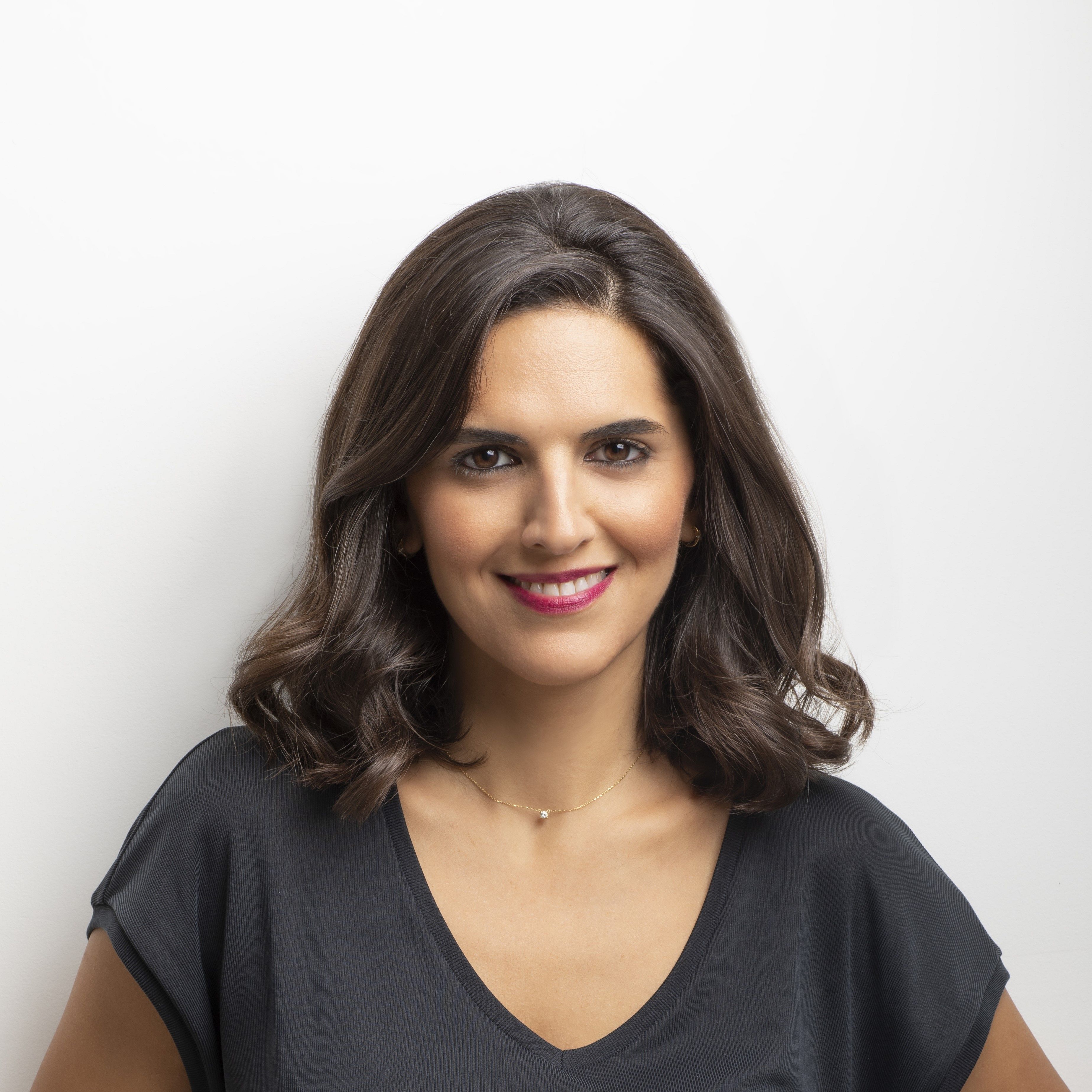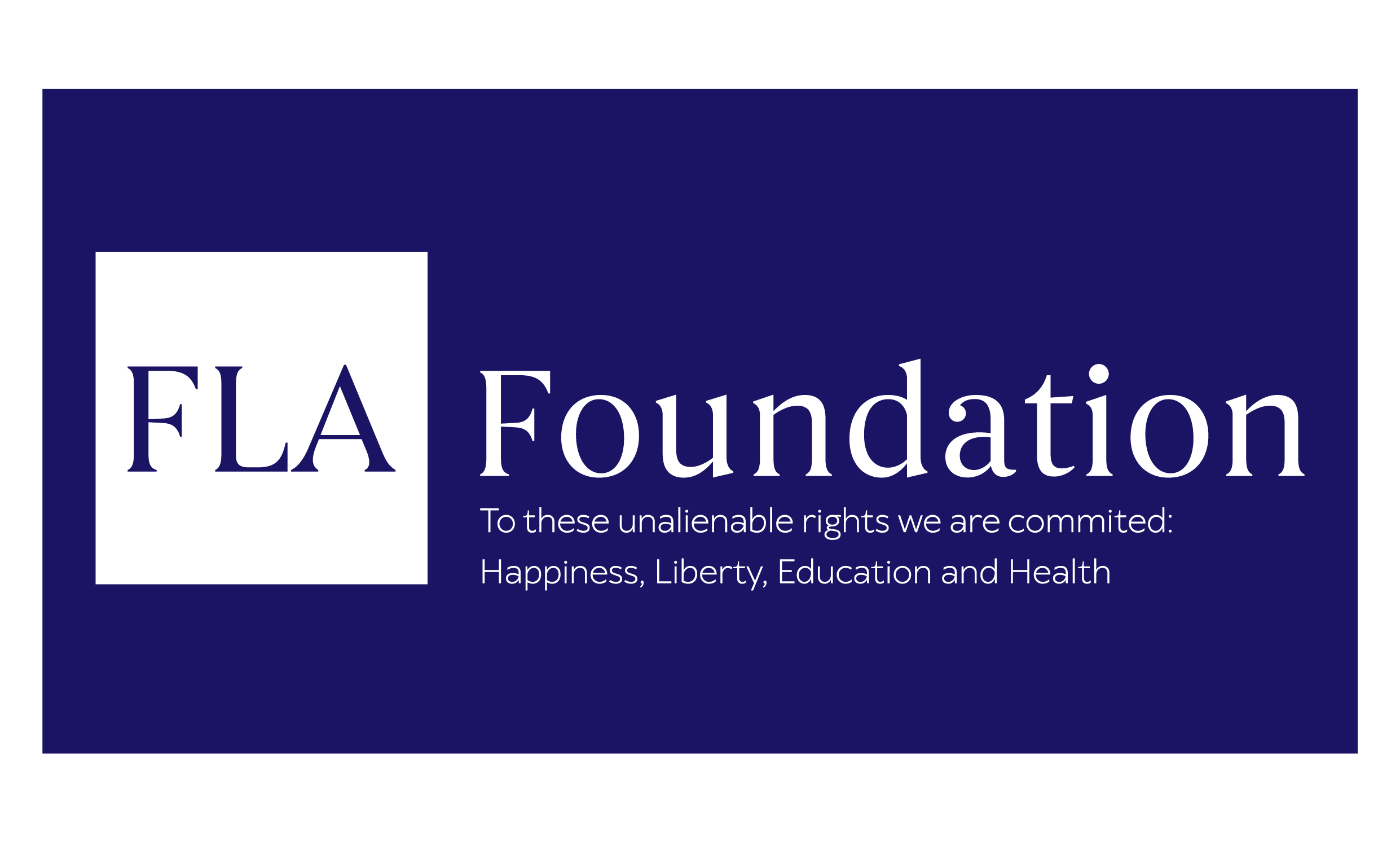

To mark the 50th anniversary of the start of the Lebanese Civil War (1975-1990), Agenda Culturel will be publishing “Between Amnesty and Amnesia, where is the Memory of the Civil War?” a series of articles. This forum will provide a space for people to share memories, feelings, wounds and scars (some still painful) left by the Civil War. The questions are aimed at anyone wishing to share their testimonies, experiences and thoughts in a climate of dialogue and awareness-raising, to help prevent a return to violence.
Testimony of Marina Chamma, Political Economist and Author
When you think back to the Civil War, what vivid memories or stories come to mind? Whether experienced directly or passed down by family and friends, how have they shaped your identity?
Given that I was very young for the few years I spent in Lebanon during the Civil War, most of the stories of the war have been passed down by family and friends. Some of those stories are those of my relatives in Zahle, at the forefront of the Syrian occupation at the time. On how they all sought shelter in my aunt’s house during the so-called 100 Day War (1980-1981), afraid of even moving at night, should the Syrians perceive a movement of shadows and decide to shoot from their 54-meter vantage point at the top of Our Lady of Zahle’s tower. And the stories of how difficult it was to get bread, because the Syrians had prohibited commercially-sized bakeries from operating in Zahle, so that the closest bakery (as opposed to the neighborhood furn) was in the city’s outskirts, and the commute not always being safe. That bakery still operates until this day…
When it comes to my own memories, they’re mostly snippets and flashbacks. My uncle picking my family and I from the Damascus Airport because Beirut’s Airport was closed to commercial aircrafts, and then once we flew out again from Beirut, seeing pictures of a certain Hafez Al Assad plastered all over the airport. How my parents and I used to gather around our Sony radio, listening to the Voice of Lebanon news and the unmistakable jingle auguring breaking news of car bombs and countless victims through the maktab al tahrir, fi khabaren jadid. Or overhearing conversations on taxes paid to local militias meant to provide public services and keep the peace in the neighborhood.
Ours was an ugly, bloody and complicated war. But having lived through parts of it, albeit while young, allows me to say with much certainty that wars are not a solution and shouldn’t be considered as means to anything except death, destruction and often more crisis.
Has the Civil War left any marks on your life today? If so, what are they?
I’m one of many people who believe the Civil War hasn’t truly ended. The guns may have been silenced, Beirut no longer West and East, and the rubble cleared to make way for expensive apartment buildings, but that doesn’t mean that the war has ended. There has been no justice for the crimes, no truth about those arbitrarily detained and forcibly disappeared, no accountability for those who traded guns for fancy suits and forced us to believe that this was how a country transitions from war to peace.
So long as this long and difficult - yet inevitable - process of justice, accountability and genuine reconciliation doesn’t take place, the Civil War has, does and will keep on marking our lives in this country, and be an obstacle for a viable peace and building the country we have the potential of becoming that we truly deserve.
In your moments of reflection, how do you express or process your thoughts and feelings about the war? Is it through conversations, artistic works, silence, or other means?
Given the few personal memories I have of the war, I appreciate conversations people are generous to engage in about the war with me, as well as artistic works, especially movies. The first Lebanese movie I ever watched was Ziad Doueiri’s West Beirut, still one of my favorite Lebanese movies, a microcosm of the war itself, of the human side of the war, of people’s daily struggles, their heroism in surmounting them and the wounds it created, some of which remain open until this day. There are also the works of the unequalled Maroun Baghdadi, who masterfully captured the socio-political and human dimensions of the war. What I also appreciate in his movies is the opportunity to see how Beirut used to be, albeit with all the destruction.
Part of me is fascinated by how Beirut used to be like before the war, simply because during the post-war, the so-called reconstruction process was more of a destruction process. Very little, if anything, was left of pre-war Beirut in the heart of its capital, turning it into something none of its people recognized anymore. For those of us who never got to see Beirut pre-war, it feels like a void in the history of our city that we may never be able to fill. Then again, the say those who do not learn - or in this case preserve - from the past and from history, are bound to make the same mistakes again… and those who erase their past cannot have a viable future. This country is a living proof of that, is it not?
Have the wars of 2006 and 2024 brought back memories, reflexes, or emotions from the Civil War?
The 2023-2024 war certainly did, especially since it was felt in Beirut much more than in 2006. Less than one week after the escalation in September 2024, I was stuck in traffic on my way back home. The sound of Israeli drones was everywhere to be heard, but this time, I could see the white trace they left behind, up in the sky, right in front of me. The trace was very clear and felt very close. The only thing I could think of was that if something happened or if they broke the sound barrier, I had nowhere to run nor hide. I felt completely powerless.
It felt very similar to what I used to go through with my parents during the Civil War, facing booby trapped cars instead of drones. I remember hearing about booby trapped cars and during everyday trips in the car, with my Dad driving my Mom and I, I always felt that during traffic jams, my parents got anxious and a certain tension filled the car. I later understood it was because my parents were afraid of the possibility of nearby booby-trapped cars while stuck in traffic. If something happened, we would also have nowhere to run nor hide. We would have been completely powerless.
When you recount your memories of the war to younger generations, what message(s) do you want to convey?
Before the war, and in the early years after 1975, my mother used to frequent Martyrs' Square or what used to be known as Sahet el Burj. When we happen to be in Downtown Beirut today, I love to hear her stories of that colorful old Beirut of tent-covered alleys, gold souks, theaters and iconic cafes. “People from all walks of life came together here and there was truly something for everyone, regardless of their socio-economic differences,” she says. As I probe further, I always notice a look of confusion and sadness on her face. “But nothing is left of that old Beirut anymore. Nothing is recognizable except for the names of the streets. This isn't the downtown that I knew. This place was bursting with life, but now there are only buildings.” I can't truly understand her sadness but can feel her pain, witnessing the heart of her beloved Beirut being destroyed twice, first because of the war and second because of the way it was supposedly rebuilt. It was as if her mind refused to acknowledge that Beirut was now just a space with no past nor history. For her, Beirut had lost its soul.
I want to use my Mother’s memories to convey the depth of her story to my generation and future generations, that a country that attempts to destroy or alter its past cannot possibly build or dream of building a viable and just future for all its people.
Today, thirty-five years after the end of the Civil War, and after more than five years marked by violent and painful crises, how do you envision Lebanon's future? What role do you see yourself playing in shaping that future?
My vision for Lebanon oscillates between Ziad Rahbani’s illustration of the country being nothing more than “a bunch of people brought together” and between the promise of change that naturally springs from every time anyone took to the streets, in the spirit revolution throwing fists into the air. Change takes time, that’s true, but too much time starts eating up the little hope left, a hope that is impossible to get back. While never doubting this place is and deserves better, I will now live my life in Lebanon with low expectations, enjoying the pockets of beauty and happiness it offers me in the meantime, but not much more.
The role I see myself playing is simple, through my writing and for what it’s worth, using fiction as the lie through which I have chosen to tell the truth, as Albert Camus once said.
Would you like to add anything?
Lebanon’s decades-old mantra of remembering in order not to let it happen again (تنذكر ما تنعاد) holds a lot of truth to it. The only problem is that we, as a nation, haven’t been able to start remembering like we must, in order to ensure that it doesn’t happen again.
Also, those who lead us in war - whether as leaders, parties or ideologies - will never be able to lead us in peace. Never…
Lire les autres témoignages ici.
Si vous désirez vous exprimer et témoigner, cliquez ici
